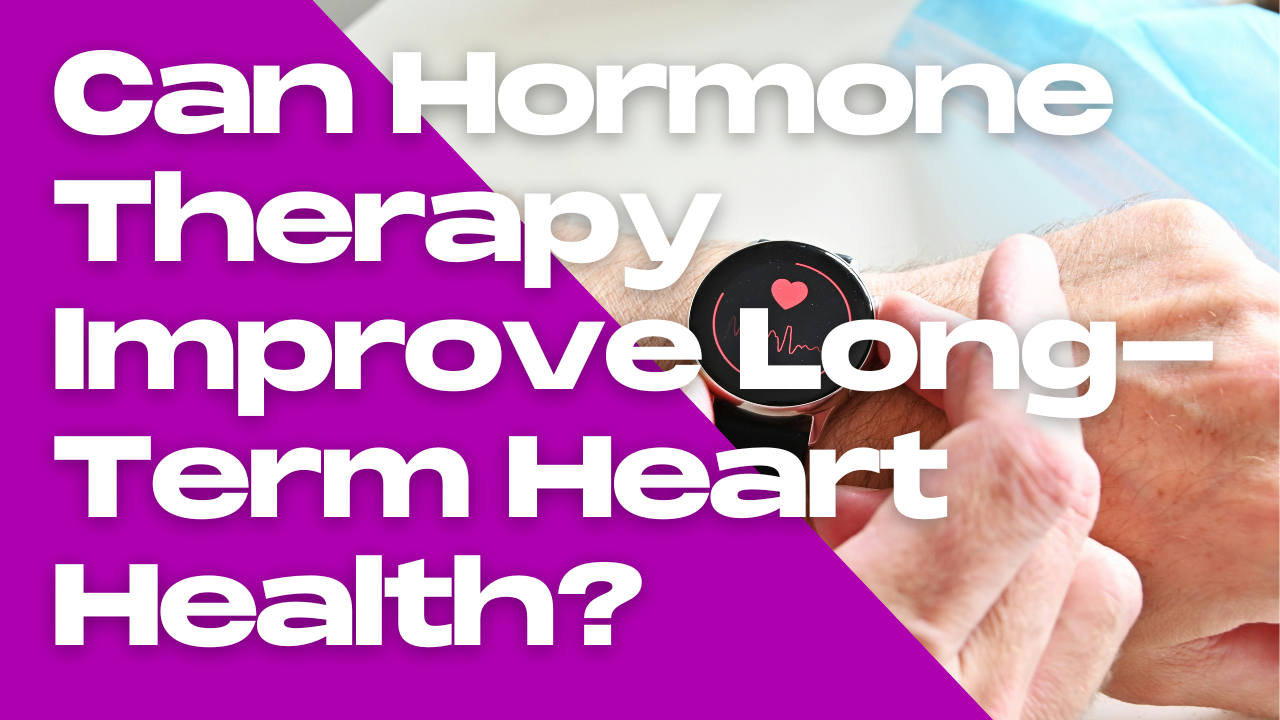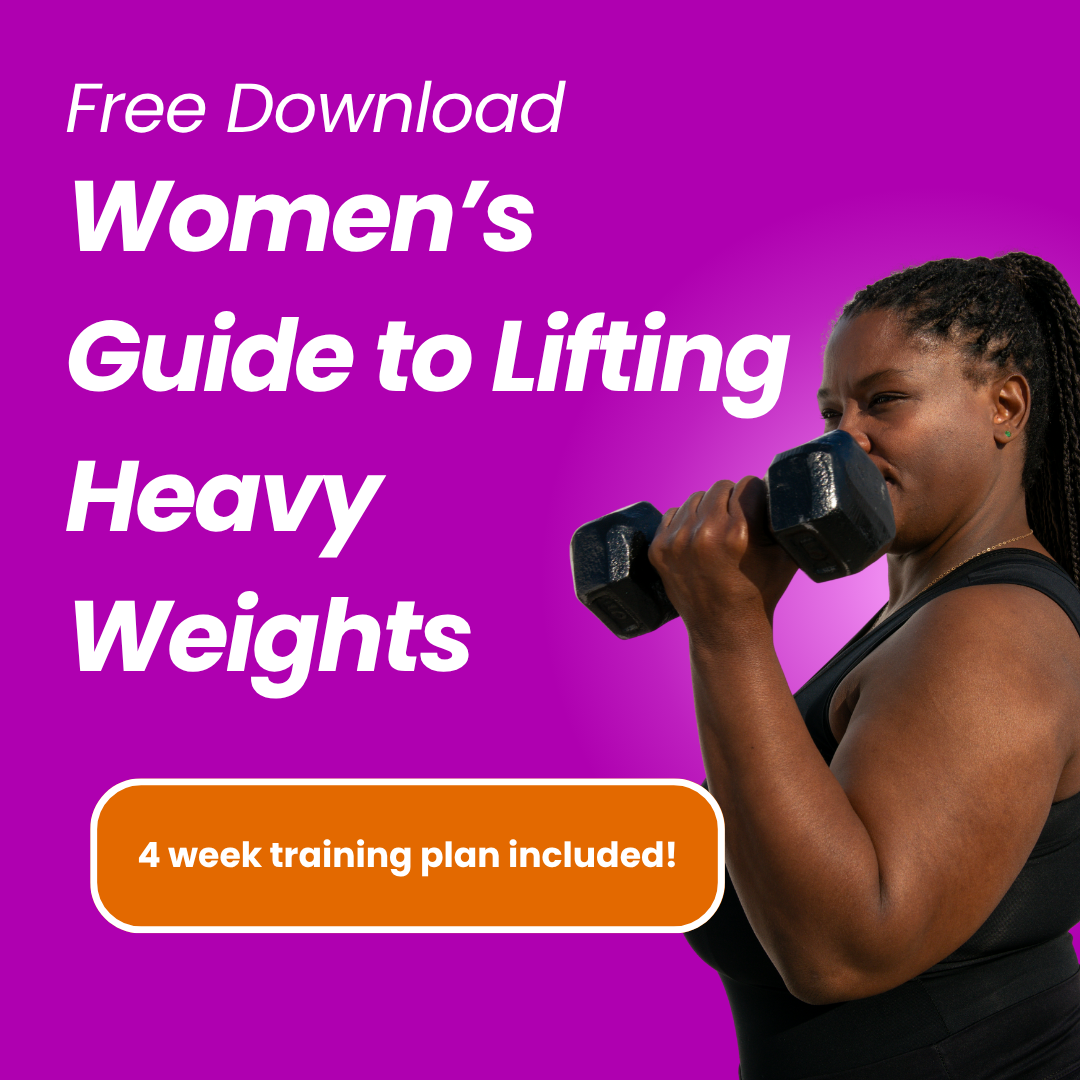
Can Hormone Therapy Improve Long-Term Heart Health?
Jun 10, 2025The use of menopausal hormone therapy (aka HRT or HT) to lower the risk of heart disease among postmenopausal women has been the topic of research and debate for decades. Though The Menopause Society guidelines do not recommend hormone therapy use for the prevention of cardiovascular disease, a tall body of research shows benefits, especially if initiated within 10 years of reaching menopause. So, it’s worth gazing into our crystal ball to see what the research shows now and where it’s going.
I sat down with cardiologist Matthew Nudy, MD, assistant professor of medicine and public health sciences at the Penn State College of Medicine. Nudy recently published a secondary analysis of the Women’s Health Initiative (WHI), which revealed some compelling data on hormone therapy use for heart health.
The study specifically evaluated women who were taking conjugated equine estrogens (CEE) alone—the most commonly prescribed oral estrogen treatment—and CEE plus medroxyprogesterone acetate (MPA, a synthetic progestin designed to mimic the action of naturally occurring progesterone in protecting the uterus). Both CEE-alone and CEE plus MPA had favorable effects on all cardiovascular biomarkers, except for triglycerides. Relative to placebo, HDL-C (aka “good cholesterol”) increased by 13% and 7% for participants taking CEE-alone and CEE plus MPA, respectively. The reduction of LDL-C (aka “bad cholesterol”) was about 11% for both types of therapy. Insulin resistance (HOMA-IR) decreased by 14% and 8% for CEE-alone and CEE plus MPA, respectively. Lipoprotein(a), sometimes referred to as the heart’s quiet killer, decreased by 15% and 20% for CEE-alone and CEE plus MPA, respectively.

I had questions, and he was generous enough to offer answers. Here’s our conversation.
Q: Selene Yeager: Your research was based on the Women’s Health Initiative (WHI) clinical trial. The current thinking is HT is most effective if initiated in younger menopausal women. Did you find anything of note regarding age?
A: Dr. Matthew Nudy: The participants in the WHI were all menopausal, ranging from 50 to 79 years of age when enrolled. We looked at longitudinal cardiovascular biomarkers like cholesterol values, lipoprotein(a) (Lp(a)), and coagulation [i.e. clotting] factors. We analyzed participants in age groups 50 to 59, 60 to 69, and 70 to 79 in both the conjugated equine estrogen alone clinical trial and the conjugated equine estrogen with medroxyprogesterone trial. Interestingly, there was no significant trend based on age for hormone therapy's effect on these biomarkers. The beneficial effects we observed were consistent across all age groups.
Q: Selene Yeager: I’m curious if you have any insights into how menopause symptoms factored (or not) into these findings, given the correlation between duration and severity of vasomotor symptoms (aka hot flashes and night sweats) and cardiovascular disease risk?
A: Dr. Matthew Nudy: One important point is that patients with moderate to severe menopausal symptoms were underrepresented in the WHI trial. Today, hormone therapy is typically used for moderate to severe vasomotor symptoms, but that was not the goal of the WHI trial. We looked at the severity of symptoms and found that there was no significant difference in hormone therapy's effect on cardiovascular biomarkers based on symptom severity. We also published a study indicating that women with more severe menopausal symptoms had a higher risk of cardiovascular disease down the road. This highlights the challenge of determining whether symptoms are purely menopause-related or markers of pre-existing disease.
Q: Selene Yeager: How much does the form and formulation of hormone therapy matter? Do we know if there is a difference between oral and transdermal estrogen for these benefits?
A: Dr. Matthew Nudy: The findings from our study specifically apply to the dose, formulation, and delivery method used (oral conjugated equine estrogen). Other studies that looked at transdermal estrogen have shown similar beneficial effects on cholesterol without increasing triglycerides, which is different from oral estrogen. The difference may come from the first-pass metabolism effect of oral estrogen, but we’re still exploring that.
Q: Selene Yeager: One of the most compelling findings from your study was the pronounced effect on Lp(a). Did you expect that?
A: Dr. Matthew Nudy: We found that estrogen therapy significantly reduced Lp(a) levels over the long term, which was surprising given that most prior studies only observed short-term effects. This reduction was consistent across different age groups and types of hormone therapy. This finding is intriguing because Lp(a) is primarily determined by genetics and is not typically influenced by lifestyle or dietary factors and tends to remain stable throughout life. There are currently no FDA-approved drugs to lower Lp(a), making this finding particularly noteworthy.
Q: Selene Yeager: How do you view the ongoing debate around hormone therapy for primary (i.e., addressing risk factors like high blood pressure or high cholesterol to prevent the development of the disease) and secondary (preventing recurrence of cardiovascular disease events like heart attack) prevention?
A: Dr. Matthew Nudy: It’s a complex issue. For stroke prevention, guidelines are pretty clear that hormone therapy is not recommended, as oral estrogen and progestin appear to increase stroke risk. [Note: This is a good article on the topic of stroke in women.] However, the data for coronary artery disease is less definitive. Some meta-analyses suggest that in younger women (under 60), hormone therapy may reduce the risk of coronary artery disease and all-cause mortality. We might see guidelines evolve over the next few years, especially as more nuanced data emerges.
Q: Selene Yeager: I see a lot of debate on the benefit (or lack thereof) of statins in women. Can you shed some light on that?
A: Dr. Matthew Nudy: I think it comes down to the distinction between primary and secondary prevention. In secondary prevention (patients who have already had a cardiovascular event), statins are clearly effective for both men and women. The debate is more prominent in primary prevention, where the data is less consistent. Identifying high-risk women is key, as those at low risk may not derive as much benefit from statin use.
Q: Selene Yeager: Are there any new directions or research areas that you’re currently exploring?
A: Dr. Matthew Nudy: We are looking at genetic ancestry in relation to hormone therapy's effect on reducing Lp(a). Initial data suggests that certain racial and ethnic groups show more significant reductions in Lp(a) levels, and we want to investigate the genetic factors behind this.
Get Feisty 40+ in Your Inbox
We hate SPAM. We will never sell your information, for any reason or send you emails that suck!


